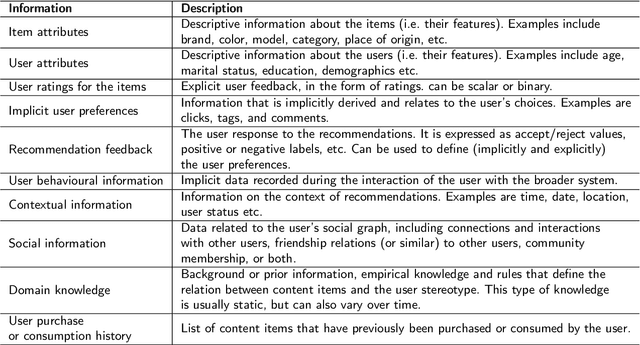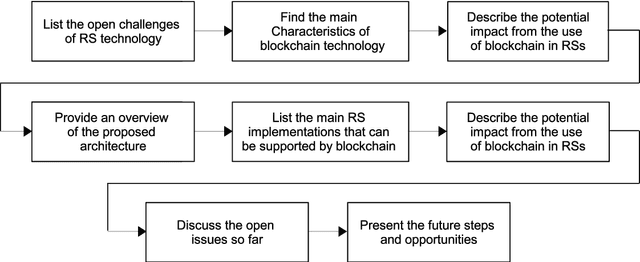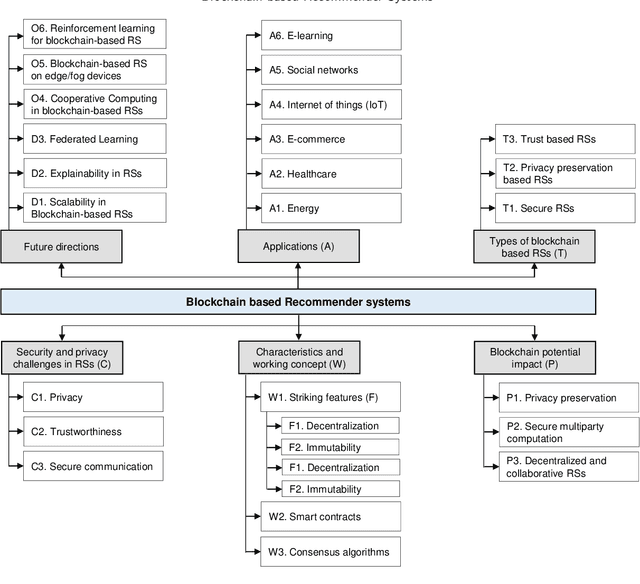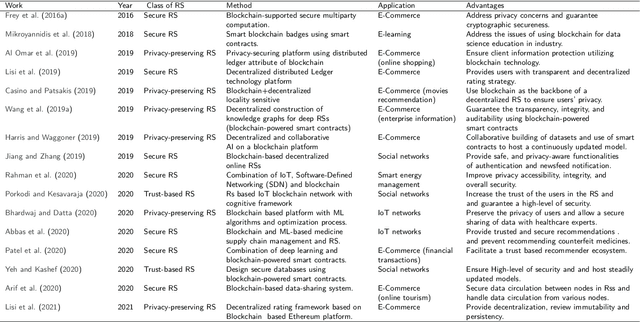Magdalini Eirinaki
Multimodal Benchmarking and Recommendation of Text-to-Image Generation Models
May 06, 2025Abstract:This work presents an open-source unified benchmarking and evaluation framework for text-to-image generation models, with a particular focus on the impact of metadata augmented prompts. Leveraging the DeepFashion-MultiModal dataset, we assess generated outputs through a comprehensive set of quantitative metrics, including Weighted Score, CLIP (Contrastive Language Image Pre-training)-based similarity, LPIPS (Learned Perceptual Image Patch Similarity), FID (Frechet Inception Distance), and retrieval-based measures, as well as qualitative analysis. Our results demonstrate that structured metadata enrichments greatly enhance visual realism, semantic fidelity, and model robustness across diverse text-to-image architectures. While not a traditional recommender system, our framework enables task-specific recommendations for model selection and prompt design based on evaluation metrics.
Multi-Resolution Diffusion for Privacy-Sensitive Recommender Systems
Nov 21, 2023



Abstract:While recommender systems have become an integral component of the Web experience, their heavy reliance on user data raises privacy and security concerns. Substituting user data with synthetic data can address these concerns, but accurately replicating these real-world datasets has been a notoriously challenging problem. Recent advancements in generative AI have demonstrated the impressive capabilities of diffusion models in generating realistic data across various domains. In this work we introduce a Score-based Diffusion Recommendation Module (SDRM), which captures the intricate patterns of real-world datasets required for training highly accurate recommender systems. SDRM allows for the generation of synthetic data that can replace existing datasets to preserve user privacy, or augment existing datasets to address excessive data sparsity. Our method outperforms competing baselines such as generative adversarial networks, variational autoencoders, and recently proposed diffusion models in synthesizing various datasets to replace or augment the original data by an average improvement of 4.30% in Recall@$k$ and 4.65% in NDCG@$k$.
Blockchain-based Recommender Systems: Applications, Challenges and Future Opportunities
Nov 22, 2021



Abstract:Recommender systems have been widely used in different application domains including energy-preservation, e-commerce, healthcare, social media, etc. Such applications require the analysis and mining of massive amounts of various types of user data, including demographics, preferences, social interactions, etc. in order to develop accurate and precise recommender systems. Such datasets often include sensitive information, yet most recommender systems are focusing on the models' accuracy and ignore issues related to security and the users' privacy. Despite the efforts to overcome these problems using different risk reduction techniques, none of them has been completely successful in ensuring cryptographic security and protection of the users' private information. To bridge this gap, the blockchain technology is presented as a promising strategy to promote security and privacy preservation in recommender systems, not only because of its security and privacy salient features, but also due to its resilience, adaptability, fault tolerance and trust characteristics. This paper presents a holistic review of blockchain-based recommender systems covering challenges, open issues and solutions. Accordingly, a well-designed taxonomy is introduced to describe the security and privacy challenges, overview existing frameworks and discuss their applications and benefits when using blockchain before indicating opportunities for future research.
* 25 pages, 6 figures, 3 tables
 Add to Chrome
Add to Chrome Add to Firefox
Add to Firefox Add to Edge
Add to Edge